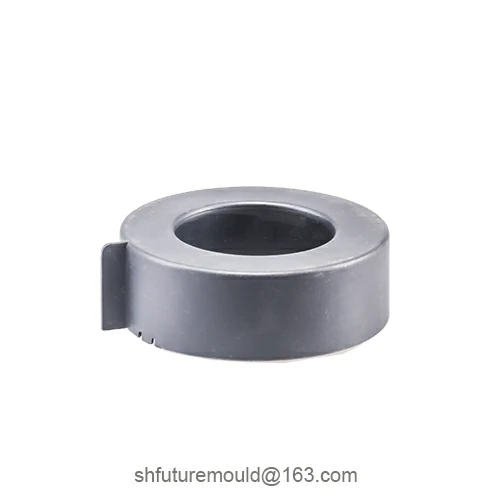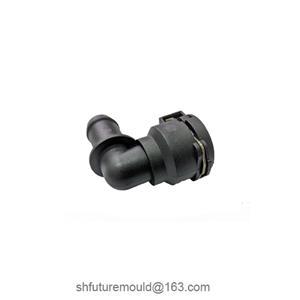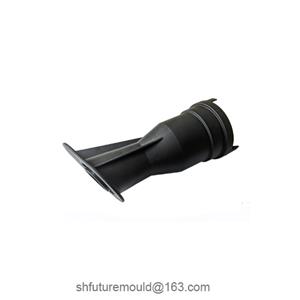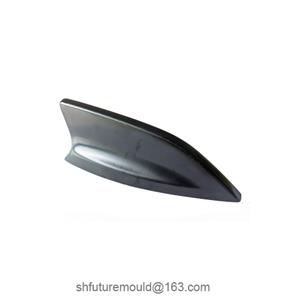What Maintenance Work Should Be Done Before Reusing an Injection Mold?
Before an injection mold is put back into use, it must undergo thorough inspection and maintenance to ensure proper operation, extend mold life, and prevent quality issues during production.
Appearance Inspection and Cleaning
1. Remove surface dirt, oil stains, and rust.
Use specialized mold cleaning agents or alcohol to clean the mold surfaces, including guide pillars, bushings, and parting surfaces.
2. Check for cracks, wear, or deformation on the mold surface
Attention vulnerable areas such as mold plates, pull rods, and ejector pin holes.
Mold Cavity and Core Maintenance
1. Clean cavity and core surfaces
Remove any remaining plastic, dust, or rust to prevent it from affecting the finish of molded products.
2. Apply anti-rust oil or lubricant.
Anti-rust oil should be applied to cores, cavities, and inserts to prevent further oxidation before restarting.
Inspection of Moving Parts
1. Guide pillars, bushings, sliders, angled guide pillars, return pins
Check for scratches or jamming.
Lubricate with grease or specialized mold lubricants.
2. Springs or pneumatic components
Ensure proper elasticity and return force; replace any aging or damaged components.
Cooling System Check
Ensure water channels are clear and free of scale or blockages
Flush with compressed air or cleaning agents if necessary.
Check connectors and sealing rings for aging or leaks.
Check of Electrodes or Heating Elements (if applicable)
Ensure electrodes or heating components are intact and securely fastened
Test resistance values or temperature response to confirm normal function
Mold Assembly and Clamping Test
Perform a test fit after full mold assembly.
Check whether opening and closing movements are smooth, with no abnormal resistance or unusual noise.
Check whether the ejection system operates smoothly and flexibly.
- Injection Mold
- Automotive Injection Mold
- Electronics & Electrical Injection Mold
- Consumer Goods Injection Mold
- Airplane Components Injection Mold
- Medical Components Injection Mold
- Irrigation Components Injection Mold
- Injection Molds




